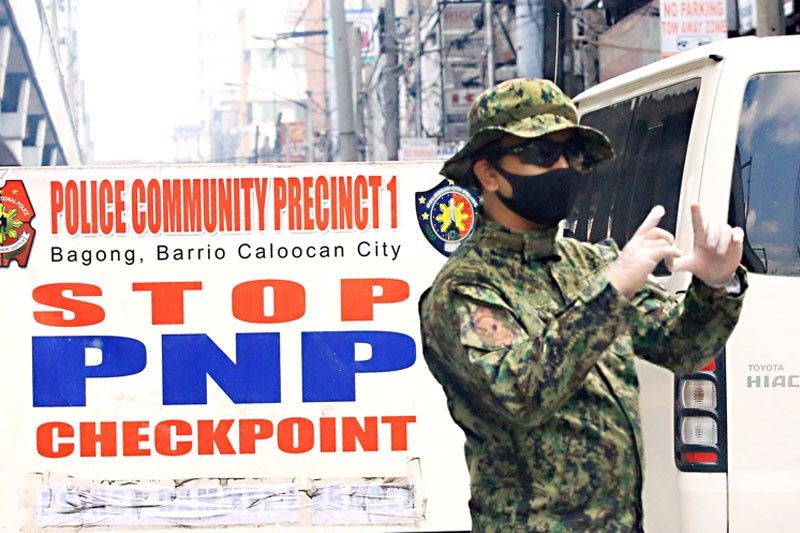PNP eyes checking cops' mental health to keep them from harming selves, others

MANILA, Philippines — The leadership of the Philippine National Police is mulling regular neuro-psychiatric tests on police personnel following an alleged suicide attempt by a police trainee in Rosario, Cavite.
Citing initial reports, Police Gen. Guillermo Eleazar, PNP chief, said in a statement that the police trainee was found by fellow trainees last Sunday, June 6. He was wounded and on the rooftop of his boarding house.
The police trainee, who is said to have a record of depression, was rushed to the Divine Grace Hospital for medical treatment and eventually survived the self-inflicted gunshot wound.
Eleazar in his statement said that the incident shows why the mental health of PNP personnel must be regularly checked.
“Even in training, the experiences of the police are no joke. This is why I reiterate the importance of subjecting all personnel to neuro-psychiatric tests to determine if they are mentally and emotionally capable of being part of the organization,” Eleazar said.
“This kind of test will greatly help in preventing personnel from inflicting harm on themselves or on other people,” he added.
Eleazar directed the immediate superiors of the police trainee to monitor him closely and extend the assistance he needs.
“Aside from ensuring his treatment in the hospital, it is best that this police trainee be subjected to psychological counseling and evaluation,” Eleazar said.
Does mental health lead to killer cops?
In earlier statements, Eleazar also linked mental health in the police to the murders of Lilybeth Valdez in Quezon City and Sonya and Frank Gregorio in Paniqui, Tarlac.
Videos of both incidents though showed that the killer cops were drunk and armed. That Police MSgt. Hensie Zinampan hid his gun behind his back as he slowly approached Valdez also indicates the killing may have been premeditated.
That same week, Police Cpl. Sherwin Rebot also fatally shot Police Cpl. Higiro Wayan after losing to him in an arm-wrestling match during a drinking session in Quezon City.
Eleazar admitted that the healthcare services of the organization still have limitations but said that the organization would explore possible partnerships with groups, institutions, and facilities advocating the importance of mental health.
“Until then, our police commanders who observe signs of emotional imbalance or mental disorder on their men should immediately refer them for neuro-psychiatric evaluation, through their respective health units. This way we can help them cope and heal and avoid being a danger to themselves and others.”
Existing efforts in the PNP
However, former PNP chief Archie Gamboa already formed a "care group" of personnel trained in psychology during his term to address concerns of anxiety and mental health in the police force.
At the time, Eleazar, who was still commander of the Joint Task Force COVID Shield, said that measures were already taken to address burnout for patrol cops.
READ: PNP forms 'care group' of psychologists amid growing fears of quarantine stress, burnout
According to the World Health Organization, "more than 100 million people suffer from mental disorders in the Western Pacific region, including the Philippines."
The National Center for Mental Health also disclosed that its 24/7 helpline was receiving nearly 400 calls per month from individuals seeking mental health assistance, up from 60-80 calls monthly on average.
The PNP chief in his statement tasked police commanders to strictly monitor the behavior of their men, especially if they are manifesting signs of emotional and mental problems.
“Mental health should not be ignored. Just like our bodies, this should also be taken care of,” Eleazar said.
- Latest
- Trending
































